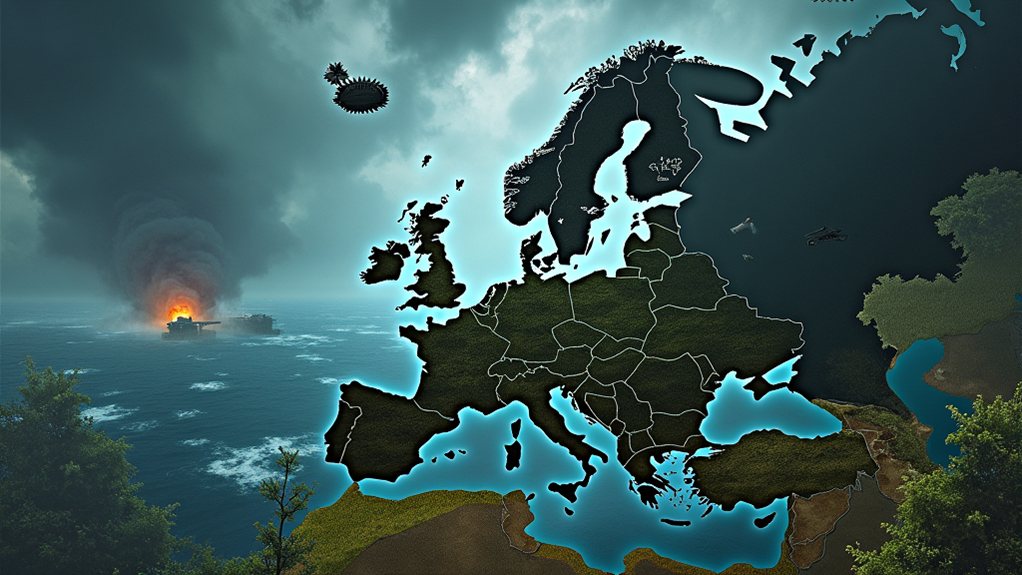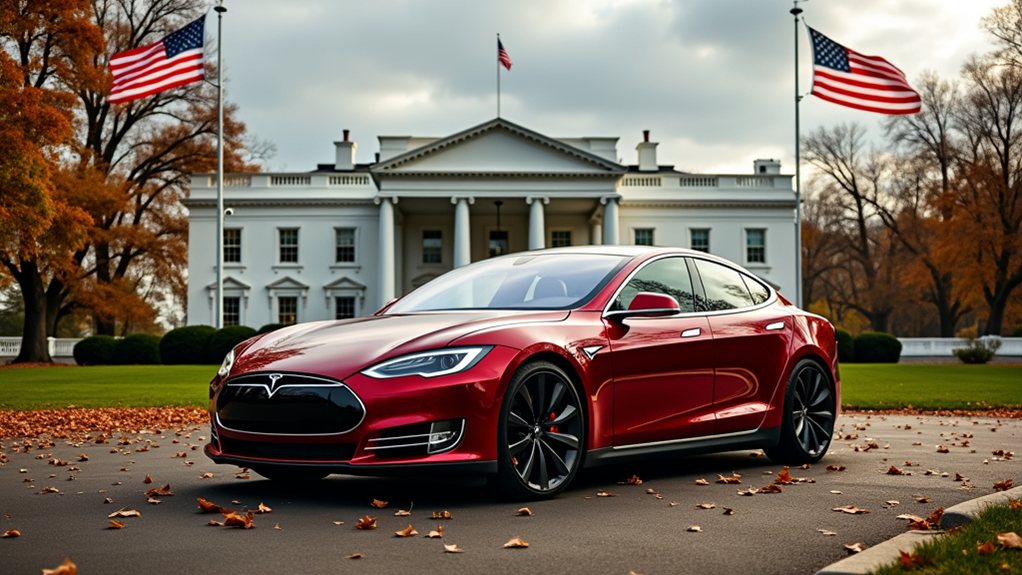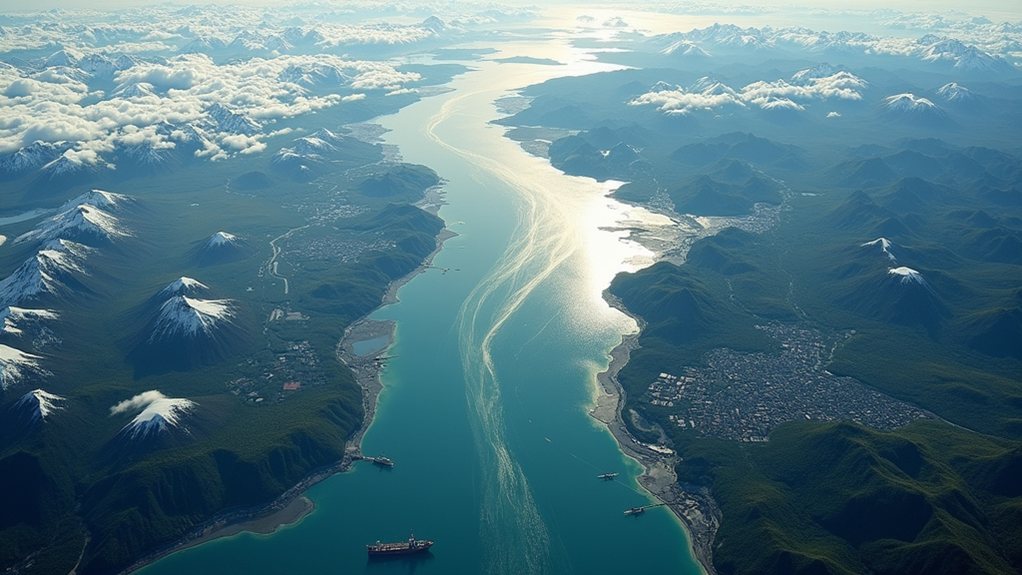What does the future hold for Europe as it faces multiple challenges? Europe stands at a crossroads, grappling with economic issues, security threats, and political turbulence.
The GDP growth forecast for 2025 is a meager 1.3%, just a slight increase from 0.7% in 2024. Inflation remains stubbornly above the 2% target, while the unemployment rate is expected to stabilize around 6.3%. These economic struggles are compounded by competitiveness issues, particularly in high-tech sectors. Trade tensions with the US and China further threaten Europe's export-driven growth. The shift from globalization has forced Europe to rethink its reliance on external suppliers and focus on local clusters for technological resilience. The euro area foreign demand growth is projected to decline, adding further pressure to the economic outlook.
On the security front, Europe feels pressure to boost defense spending, even with tight budgets. The ongoing war in Ukraine, now entering its third year, casts a long shadow over the continent. Cybersecurity threats and hybrid warfare are growing concerns.
With uncertainty surrounding the US commitment to NATO under the Trump administration, Europe recognizes the need to strengthen its defense capabilities and autonomy.
Energy and climate challenges also loom large. Europe is aiming for energy independence while balancing industrial competitiveness with decarbonization goals. The European Green Deal faces hurdles, requiring massive investments in renewable energy infrastructure. Adapting to climate change impacts is becoming more urgent.
In technological innovation, Europe lags behind the US and China in key areas such as AI and semiconductors. Only four of the world's top 50 tech companies are based in Europe. The continent is working to bridge the gap between research and commercialization. There's a strong push for digital sovereignty and strategic investment in technology.
Politically, Europe is witnessing a rise in populist movements that challenge traditional values. With the potential for increased fragmentation after the 2024 elections, reforms are needed to enhance decision-making efficiency.
As Europe navigates a complex global landscape, it seeks to assert its interests while managing relationships with both allies and rivals.









